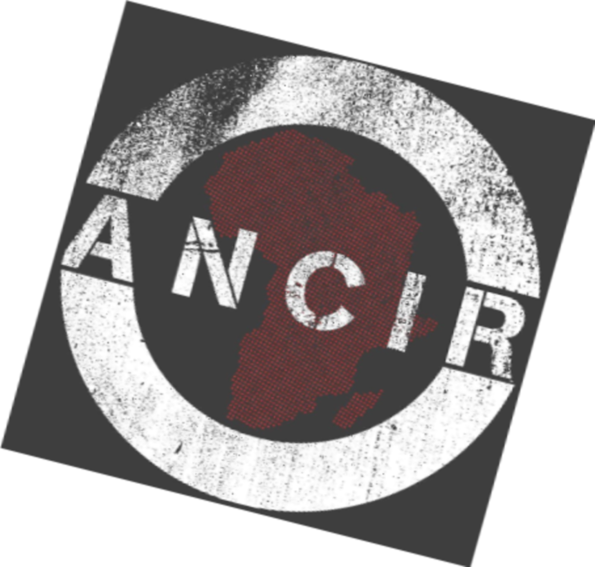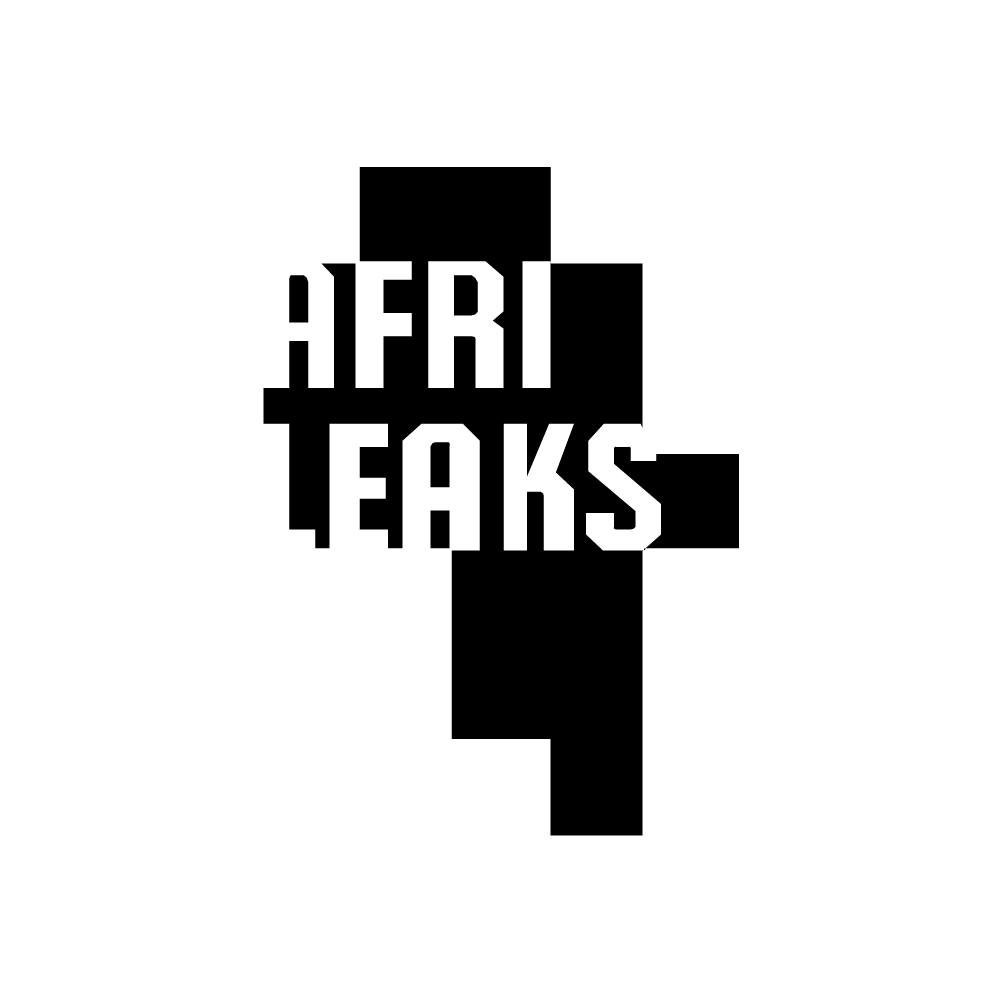The myth of the offshore
In the 18th century, as the legend goes, Russian nobleman Grigory Potemkin ordered the construction of makeshift facades across newly conquered Crimea to impress the visiting Catherine the Great and prevent her from accurately assessing the region’s wealth. Today the world’s elite aren’t building elaborate villages, but they creating the complex webs of sham corporations. The modern offshore business world appears pure Potemkin – everywhere and nowhere. While the African continent loses an estimated $150 billion annually to illicit flows, creating an artificial poverty in the process, the continent itself is not homogenous. In fact, as the Panama Papers reveal, African tax havens, particularly Liberia and Mauritius as well as the Seychelles are frequently used as cogs in the wheels of corporate, criminal and political activities that desire legal and financial veils. Companies can often be spread across multiple tax havens – with for example, a legal entity in Mauritius, a shareholder entity in the British Virgin Islands (BVI), nominee directors in the Isle of Man and a bank account in Switzerland. According to a senior corporate registry source in Portugal’s own tax haven of Madeira, “Due to highly unstable political systems, you can’t create a web which is concentrated in only one jurisdiction.”
But the truth is not that simple: jurisdictions like Mauritius, much like Panama, British Virgin Islands, Cayman Islands and Bermuda are also vulnerable and impoverished countries that are often coerced or incentivized by the “onshore” powers. These range from the financial muscle of multinationals including accounting and banking firms as well as the political prowess of the UK, US and Switzerland, wishing to maintain ring-fenced financial sectors. This is because the “offshore” is being used to facilitate activities that the better regulated “onshore” cannot do.
No wonder, then, that the UK’s Serious Fraud Office (SFO) called the City of London, at one point, a “head office” to the majority of the world’s tax havens that also comprise the UK’s foreign territories, including Anguilla, BVI Channel Islands, Jersey and a dozen others. But the UK’s influence and reach is not limited to its own territories. From Hong Kong to Mauritius, the UK has played a critical role in the historical development of global tax havens that have “commercialised sovereignty” in exchange for a small fee. The myth of the offshore blankets the lethal truth of the matter: more than 80% of the world’s international finance activities are conducted through offshore financial markets indirectly or directly connected to UK secrecy jurisdictions.
Fiscal Paradise
“Whenever a judge asks for information from Mauritius during an investigation, there’s no response,” said French anti-corruption magistrate, Renaud van Ruymbecke. “I recommend Mauritius and Singapore to those with dirty money to launder.” Generating more than 10% of its GDP from its ring-fenced financial sector, Mauritius is renowned as both a “gateway” and “banking vault” for African and Indian capital – from wherever it comes. In fact, between 2000 and 2011, over 54% of India’s “foreign direct investment” came from Mauritius through a process called roundtripping: Indian capital is remitted to Mauritius before being remitted to India to qualify for various tax exemptions including capital gains tax.
In 2010, I posed as a client eager to set up a Mauritian entity to avoid taxes from South Africa. I contracted a well-known offshore provider in Mauritius, Ocra, informing them that while my business generated significant profit, I didn’t like the political climate and sought a jurisdiction that would provide me with high levels of client confidentiality and low tax rates. My business, I declared, was selling very good egg cartons. “There is information-sharing only on money laundering and terrorist matters; otherwise, all information remains confidential,” said the kindly Ocra official. Though the official tax rate was 15% , I was told this could be reduced to zero if I opted for the legal form of Global Business Category II entry. The costs were minimal: bank account - $1,000 the fake (or nominee); directors - $1,200. The total fees for the first year? Less than $3,000. Best of all, I would never need to step foot in Mauritius. The identity documents required by Ocra could have belonged to anyone at all.
But while Mauritius may serve as a gateway for capital flowing into and out of the African continent, not all “secrecy jurisdictions” are designed for the same purpose, nor do they work in competition. Rather, they perform specific functions – ranging from aviation and maritime services to mailbox companies and bearer shares, or even simply strategic geographic locations.
Take Liberia’s maritime or “ship” registry: though the country barely has a decent port, the registry ranks as one of the world’s leading “flags of convenience” and hosts over 450 oil rigs active in countries like the US, Angola and Nigeria. By registering an oil rig in a tax haven, companies are able to elide financial, legal, environmental, labor and other regulatory requirements that would be imposed by the country where oil activity is occurring. Liberia’s registry, like those of other maritime tax havens including the Marshall Islands, is not managed by the government.
Instead, it is outsourced to a foreign company – in this case, the International Registries Inc (IRI), based in Virginia, USA. IRI says the purpose of the registry is to “maximize profitability while minimizing the risk of exposing [the] beneficial owner to personal liability.”
The Organisation of Economic Cooperation and Development (OECD) claims that maritime companies seek “cloaking” services to make sure their activities and owners, are “almost impenetrable.” And the OECD says that when it comes to the registration of ships and rigs, anonymity is the “rule rather than the exception.” In fact, estimates suggest about 60% of the world’s vessels are “false-flagged”. The secrecy of these ship registries has also helped conceal corruption, as was the case of Charles Taylor in Liberia.
In a case in the US Supreme Court in 2001, Liberia’s murky ship registry was described as a “handy honeypot” for Taylor. “Taylor’s oversight of (the registry) is so tight he acts in effect as a senior partner, and is intimately involved in all aspects of management, personal assignments [and] distribution of funds, salaries and foreign offices. Moreover, Taylor received a substantial piece of its revenue, up to one-third.”
What happens when a crisis occurs? In the case of the Deepwater Horizon oil rig spill in the Gulf of Mexico, the US government could not regulate what it did not know existed. Though BP leased the rig, it was owned by a company called Transocean which had registered the rig in the Marshall Islands Transocean’s liability? Just $27 million. Dividends to Transocean shareholders for the same period were over $1 billion. Coincidentally, the maritime registry of the Marshall Islands was also managed by IRI. These perks have drawn in over 2,000 vessels keen to “flag” in a jurisdiction that asks no questions.
When I called the Marshall Islands registry as a client some years back, I was told: “if the authorities…come to our Registry and Jurisdiction and ask to disclose more information, regarding shareholders, directors of the company etc…we are not privy to that information anyway….Unless the name of directors and shareholders are fled in the Marshall Islands and become a public record (which is NOT mandatory), we are not in a position to disclose that information.”
A project by the African Network of Centers for Investigative Reporting (ANCIR) called the DoubleOffshore.org revealed that more than 70% of Nigeria’s deepwater oil rigs, for instance, are incorporated in tax havens.
Though oil companies come under scrutiny, those ghost ships that also perform the function of human, drug, wildlife, timber and other criminal trafficking do not. Not only multinationals operate in criminal ways, but criminals camouflage themselves as multinationals for the same end: secrecy.
Conveniently, the process of intra-company pricing, impacting 60% of global trade that occurs within different subsidiaries of the same multinational, not between different multinationals, has created a situation where global trade is essentially self-regulated. This is because national governments only regulate at national levels, not the transnational. Yet businesses operate across countries. The process of using foreign shell companies in numerous tax havens to create artificial costs, high interest loans, and false management and service fees is rampant. The International Accounting Standards Board (IASB), which determines the global financial reporting practice, says that multinationals don’t need to disclose disaggregated ot granular information to national governments in annual reports. The financial reports, claimed the IASB to this author, are for investors only. This means that details relating to where taxes are paid, where profits are recorded, the names of linked companies and beneficiaries, and the extent of intra-company transfer pricing is held as confidential. No wonder the continent loses $150 billion each year.
Africa and beyond
It may not seem obvious but the patterns of capital are still embedded in history: Most dominant political parties from Angola and Namibia to South Africa heavily relied on the offshore during anti-colonial struggles. In 1997, for instance, Jobo Holdings was incorporated in the tax haven of Luxembourg via the Banque du Luxembourg’s (BDL) Compagnie Financiere de Gestion (CFG) – a wholly owned subsidiary that handles sensitive business for wealthy clients. Among many other offshore structures, its purpose was to funnel cash to the Southwest African People’s Organisation (SWAPO), which was targeted by colonial forces that actively sought to deprive it of funds ostensibly needed for the struggle.
“The movement received money and weapons from the Soviet Union. In the first year this was provided directly, but with time SWAPO asked for the creation of an external brokering organization,” said a senior source at BDL. “The official goal was to organize safaris between Johannesburg, Botswana and Namibia. This is the reason for the name Jobo: Namibia wasn’t a nation yet.”
In peak years Jobo received as much as 160 million Luxembourg francs (LUF) – about $5 million. Not very much but certainly more than the “substantial amount” the Organisation of African Unity gave SWAPO - $450,000.
The perks of using the CFG range from Luxembourg as a legal and financial secrecy banking vault, to the CFG’s generous private financial services. Internal documents show that the CFG not only acts a nominee directors and secretaries for companies seeking secrecy but will also, incredibly, list their own names as the beneficial owners.
Or Portugal, a former colonial power in Mozambique, Angola and other parts of Lusophone Africa, frequently used by clients of African origin. A senior official in the International Business Center (IBC) said, “companies create monthly new entities all over the world through their Funchal representative offices. [By 2015] these trustees registered over 2,000 companies with African roots.”
There were different trustees listed by the source for specific countries – Namibia’s included known financial players active in Namibia such as Sanlam, Stanlib, Investec and others as well as non-Namibian entities based in Madeira. But while the focus is often on jurisdictions, these spaces are like “parking lots” rented for a short time by the intermediaries, including major banks and accounting firms, required to facilitate the process of moving capital and performing activities from behind the corporate veil.
Banks play a crucial role: Opening an account is as simple as hiring an agent. Account holders and signatories can be companies, trusts, foundation or even agents; jurisdictions are frequently tax havens’ registered addresses can be that of an agent, mailbox or virtual office and so on. The language is framed with deniability for all parties – for example, “I/we note that the Bank may, however without being obliged to do so, require the issuer of the order to provide characteristic indications suitable to establish his/her identity with greater authority.”
The details are often self-regulated with little in the way of investigation and the role of agent or fiduciary as buffer. But the details, whatever their veracity, must be logged in order to process paperwork. This is due diligence – a standard that is both exceedingly low and extremely methodical. Put simply, the more tax havens, banks and “offshore providers” like Mossack Fonseca, that are involved, the more deniable the process becomes. This is because each player will obtain only enough information to pass due diligence. For example, a nominee shareholder qualifies as a shareholder, because the nominee, in theory, bears the responsibility whether or not the nominee is aware of the real beneficial owner.
Take Madeira’s Banif Bank operating out of Funchal, its capital. According to a senior source at the bank, “We actually have more than 100 entities of Namibian gold, mining, uranium and so on which have been registered on our accounts,” he said. “Most of these companies belong to different offices, departments and divisions of the Namibian State bureaucracy.” We contacted Banif inquiring about due diligence particularly where it relates to public entities. Banif’s main office did not provide a response. Their Malta branch emailed us stating: “Banif Bank (Malta) plc fully adheres to…the European Union’s legislation related to Anti-Money Laundering and Funding of Terrorism. Further, the Bank applies strict confidential procedures and cannot in any way discuss with third parties any information related to its customers.”
It goes without saying that bank accounts do not need to be located in the jurisdiction where economic activities occur. But when a bank in a tax haven utilizes a branch in another tax haven on the orders of a fiduciary that represents a shell company and so on, there is much room for concern. Yet this appears to be the norm. Such branches of major banks in tax havens are not legally required to share information with branches of the same bank based in non-tax haven jurisdictions. That is, companies can access the veneer of well-known international banks while eluding the regulation that is associated with its “onshore” branches.
When Barclays Bank, for instance, requested Mossack Fonseca’s (MF) own organization structure, a three-block image was provided. Barclays followed up requesting the name of the beneficial owners. MF responded, “Jurgen Mossack, Ramon Fonseca Mora and Christoph Zollinger.” Though undoubtedly true, Barclays will just have to take their word for it.
This article was supported by Journalismfund.eu Connecting Continent grant.


